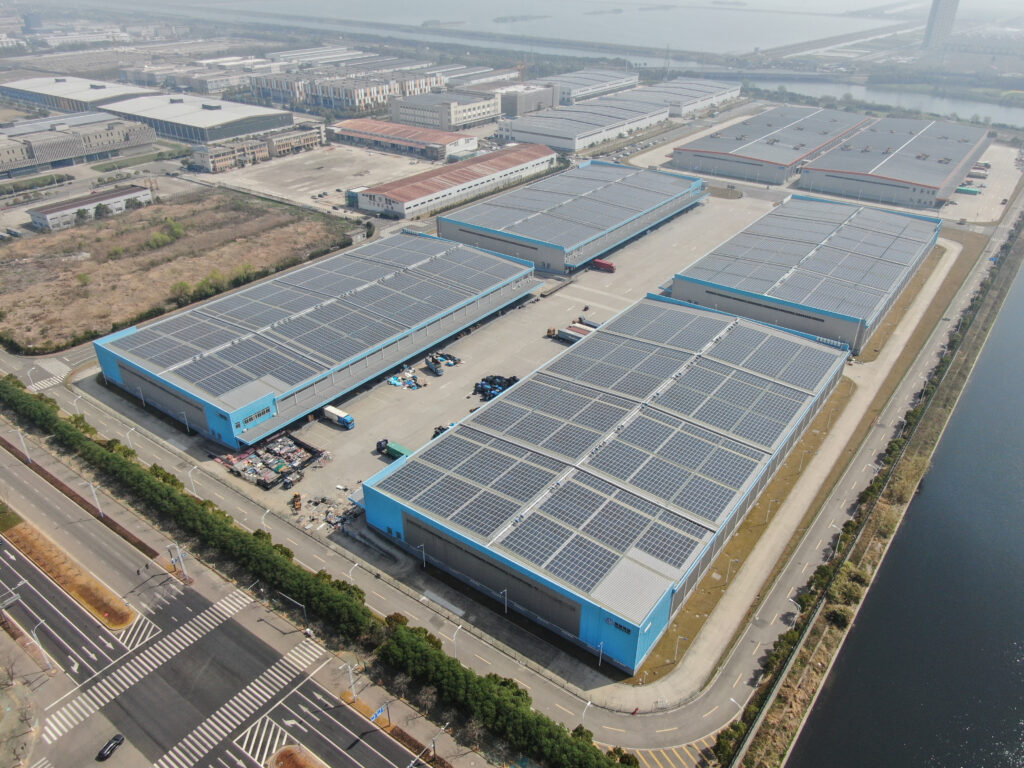Alibaba Group’s logistics platform, Cainiao Network, has issued its inaugural social responsibility report to engage consumers and business partners in sustainable practices, as part of World Environment Day celebrations on June 5.
In the report, Cainiao highlights the development of its end-to-end green logistics system from purchase to delivery, including paperless shipping labels, smart route planning, recycling and solar-powered warehouses. These measures are part of a promise made by Alibaba to reach carbon neutrality and halve carbon intensity in its supply chain by 2030.
Delivery services accounted for 29% of carbon emissions generated by China’s e-commerce industry in 2021, according to Beijing-based consultancy CarbonStop, while packaging made up another 18%. At the fulfillment end of the world’s largest global e-commerce network, Cainiao is well-placed to effect positive change from within.
“To be sure, going green is not cheap and switching to green packaging can double or even triple costs for merchants and logistics companies,” Cainiao’s public relations director Zhijing Niu told Alizila, the news hub for Alibaba Group. “We invest a lot at this stage but it will make us a stronger competitor in the future – both in domestic Chinese markets and globally.”
The alternative is grim: if nothing changes, the domestic logistics industry will deliver 150 billion parcels in 2025, which will make up 1.1% of China’s total emissions, per CarbonStop estimates.
Cainiao also highlighted several of its sustainability firsts over the last year, including the launch of China’s first green-delivery-themed online interactive community in March, where consumers shop green and take part in offline activities to earn credits worth platform incentives.
A similar reward scheme encouraged four million Alibaba platform users to recycle their boxes during last year’s 11.11 Global Shopping Festival and helped save 53,000 tons of carbon emissions.
Outside of significant promotion periods, Cainiao also enables participants to monitor their own carbon footprints by seeing how many eco-friendly packages they receive and how many recycled boxes they use.
As for merchants, the platform has developed a carbon asset management system that forecasts carbon emissions and offers carbon rating reports and carbon accounting statistics.
Cainiao shares these sustainable logistics practices throughout China’s rural areas via a comprehensive delivery network. Cainiao is investing in smart logistics service stations, agricultural product warehouses, and agricultural supply chains in these areas.
Read more about Cainiao’s rooftop solar installations powering its warehouses in China here.


